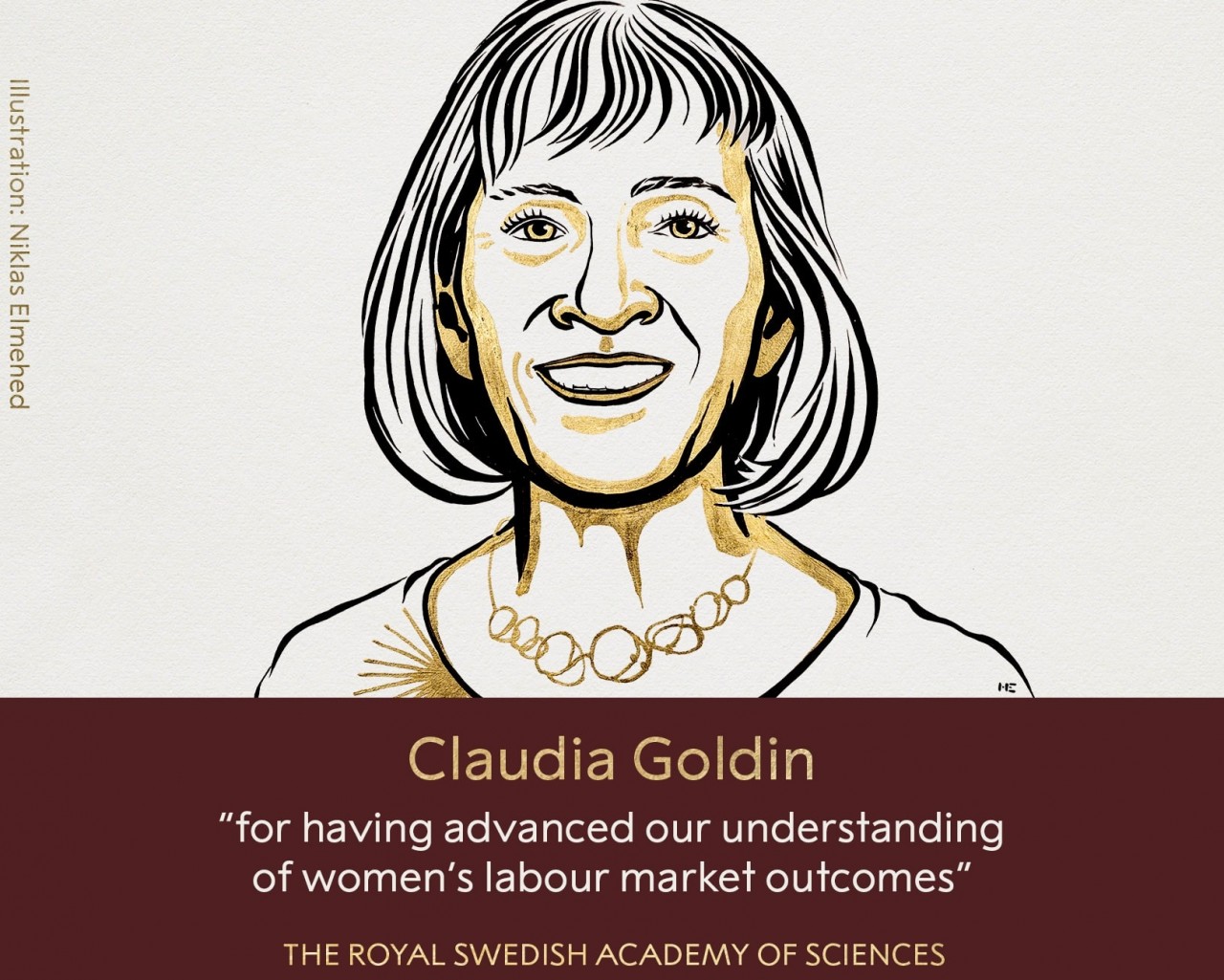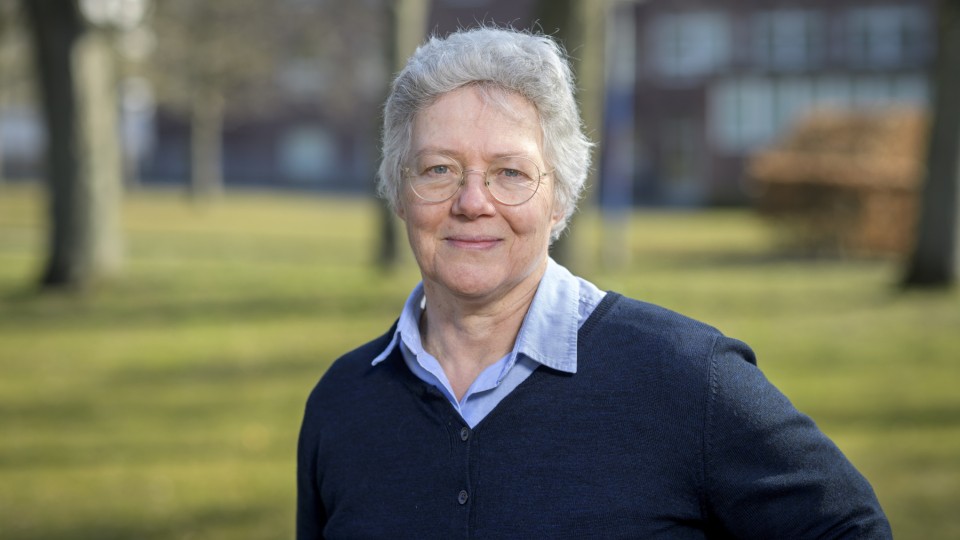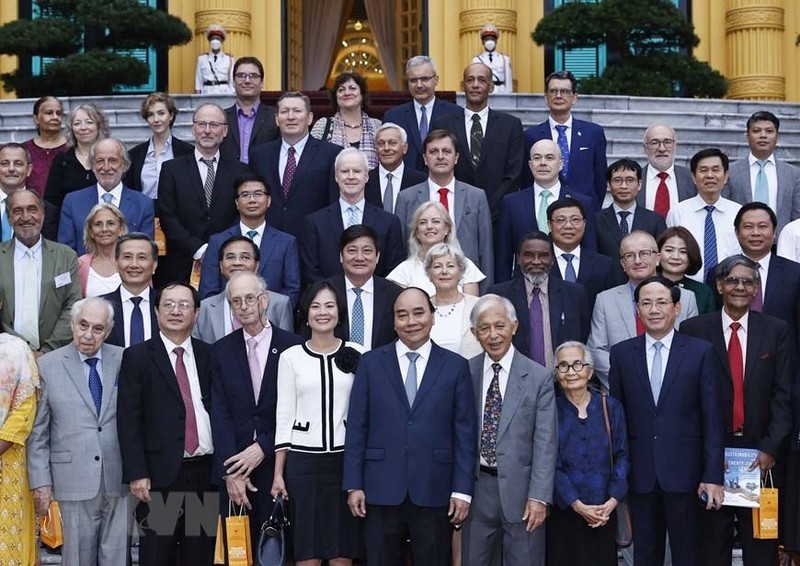Biography of Three Economists That Win the 2021 Nobel Prize
 |
| David Card (Photo: BBC) |
David Card - Professor at University of California, Berkeley
David Card is the Class of 1950 Professor of Economics at the University of California, Berkeley, and Director of the Labor Studies Program at the National Bureau of Economic Research. His research interests include immigration, wages, education, and gender-and race-related differences in the labor market. He co-authored the 1995 book Myth and Measurement: The New Economics of the Minimum Wage, and co-edited The Handbook of Labor Economics (1999), Seeking a Premier Economy: The Economic Effects of British Economic Reforms (2004); and Small Differences that Matter: Labor Markets and Income Maintenance in Canada and the United States (1992). He has also published over 125 journal articles and book chapters, according to the website of the University of California, Berkeley.
Card was co-editor of Econometrica from 1991 to 1995 and of the American Economic Review from 2002 to 2005. He taught at Princeton University from 1983 to 1996 and has held visiting appointments at Columbia, Harvard, and the Center for Advanced Study in the Behavioral Sciences. In 1995 he received the American Economic Association's John Bates Clark Prize, which is awarded every other year to the economist under 40 whose work is judged to have made the most significant contribution to the field. He was a co-recipient of the IZA Labor Economics Award in 2006, and the BBVA Frontiers of Knowledge Prize in 2015, and was awarded the Frisch Medal by the Econometric Society in 2007.
 |
| Joshua Angrist (Photo: MIT News) |
Joshua Angrist - Professor of Economics at MIT
Joshua Angrist is the Ford Professor of Economics at MIT, a director of MIT's School Effectiveness and Inequality Initiative, and a Research Associate at the National Bureau of Economic Research. A dual U.S. and Israeli citizen, he taught at Harvard and the Hebrew University of Jerusalem before coming to MIT in 1996. Angrist received his B.A. from Oberlin College in 1982 and completed his Ph.D. in Economics at Princeton in 1989.
Angrist's research interests include the economics of education and school reform; social programs and the labor market; the effects of immigration, labor market regulation and institutions; and econometric methods for program and policy evaluation. Angrist is a Fellow of the American Academy of Arts and Sciences and the Econometric Society and has served on many editorial boards and as a Co-editor of the Journal of Labor Economics. He received an honorary doctorate from the University of St Gallen (Switzerland) in 2007 and is the author (with Steve Pischke) of Mostly Harmless Economics: An Empiricist's Companion and Mastering 'Metrics: The Path from Cause to Effect, both published by Princeton University Press. Angrist and Pischke hope to bring undergraduate econometrics instruction out of the Stones Age.
 |
| Guido Imbens (Photo: UCLA Newsroom) |
Guido Imbens - Professor at Stanford University
Imbens was born in Eindhoven, Netherlands, and is a professor at Stanford University in California, according to CNN. Imbens' primary field of interest is Econometrics. Research topics in which he is interested include causality, program evaluation, identification, Bayesian methods, semi-parametric methods, instrumental variables. Guido Imbens does research in econometrics and statistics. His research focuses on developing methods for drawing causal inferences in observational studies, using matching, instrumental variables, and regression discontinuity designs.
Guido Imbens is a Professor of Economics at the Stanford Graduate School of Business. After graduating from Brown University Guido taught at Harvard University, UCLA, and UC Berkeley. He holds an honorary degree from the University of St Gallen. Professor Imbens joined the GSB in 2012 where he specializes in econometrics, and in particular methods for drawing causal inferences. Guido Imbens is a fellow of the Econometric Society and the American Academy of Arts and Sciences.
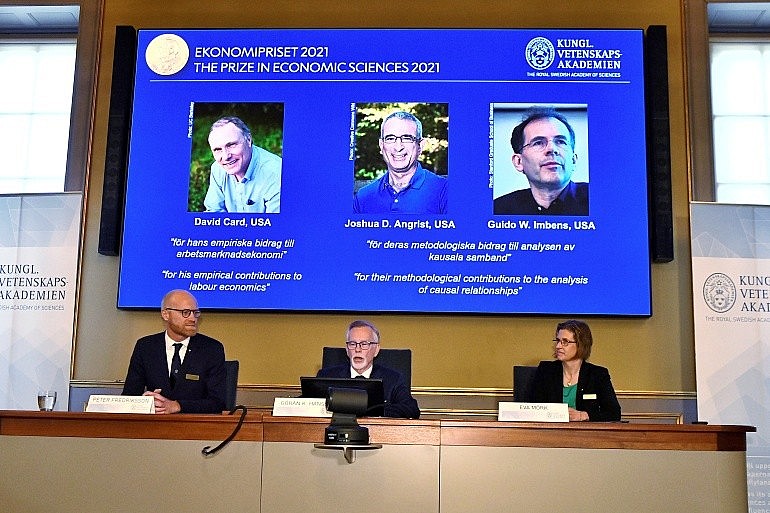 |
| Photo: Al Jazeera |
Why they win the Nobel Prize?
David Card was recognized by the Royal Swedish Academy of Sciences for groundbreaking work on minimum wages, immigration, and education. He showed, using a natural experiment - where researchers study situations as they unfold in the real world - that increasing the minimum wage does not necessarily lead to fewer jobs. The other half of the prize was awarded to Joshua Angrist and Guido Imbensfor demonstrating how precise conclusions about cause and effect can be drawn from natural experiments.
"Card's studies of core questions for society and Angrist and Imbens' methodological contributions have shown that natural experiments are a rich source of knowledge. Their research has substantially improved our ability to answer key causal questions, which has been of great benefit to society," Peter Fredriksson, chair of the Economic Sciences Prize Committee, said in a statement.
The prize, officially known as the Sveriges Riksbank Prize in Economic Sciences, was not instituted by Alfred Nobel. It was established by Sweden's central bank and is awarded in memory of Nobel. The card will receive one-half of the 10 million Swedish kronor (US$1.1 million) prize. Theremaining prize money will be split between Angrist and Imbens.
 | Who is Abdulrazak Gurnah - Winner of 2021 Nobel in Literature? The novelist Abdulrazak Gurnah, who focuses on the experience and identity of refugees, won the Nobel Prize in literature for his “uncompromising and compassionate penetration ... |
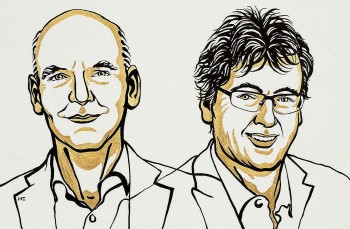 | Who is Benjamin List & David MacMillan - Winners of 2021 Nobel Prize in Chemistry? German Benjamin List and Scottish-born David MacMillan won the 2021 Nobel Prize in Chemistry on Wednesday for developing new tools for building molecules that have ... |
 | Biography of Syukuro Manabe: Early Life, Career, Awards and Achievement Syukuro Manabe, a meteorologist who pioneered the use of computers to simulate global climate change and natural climate variations, has earned his Nobel Prize for ... |
Recommended
 World
World
"Great Leader": JD Vance Lauds PM Modi During His India Visit
 World
World
Trump’s Tariff Pause: A Strategic Move from “The Art of the Deal”?
 World
World
"Indian Navy's participation in AIKEYME exercise matter of great happiness": Admiral Dinesh Kumar Tripathi
 World
World
ASEAN and US Tariff Dilemma: Hybrid Approach to Global Trade Tensions
Popular article
 World
World
Vietnam Affirms Its Active and Responsible Role at UNESCO
 World
World
US Imposes 125% Tariff on China, Pauses Tariffs for 90 Days on Over 75 Countries
 World
World
"Massive financial deficits with China, EU can only be cured with tariffs": Donald Trump
 World
World




